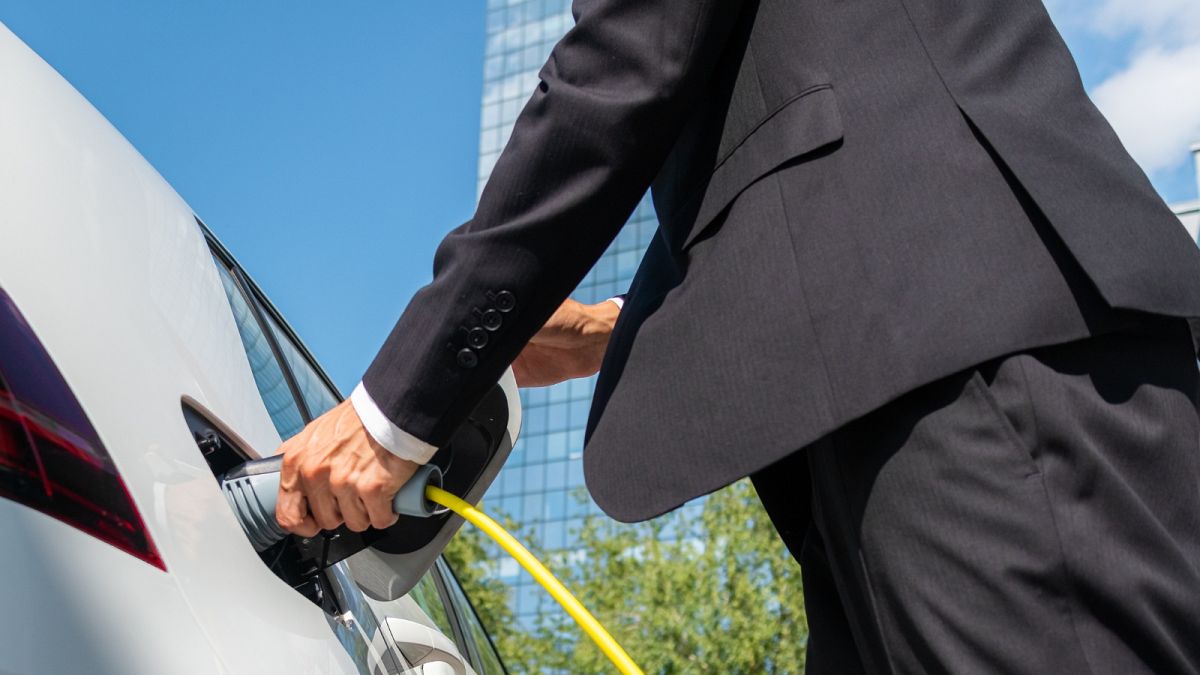By Aoibhinn Mc Bride
From flooding to soaring temperatures during the summer months, climate change in Europe has already reached critical levels.
That’s according to the recently published European Climate Risk Assessment which has identified a number of factors that need to be acted upon swiftly, including ecosystems, food, healthcare and infrastructure, along with the knock-on impact climate change will have on the economy.
Many organisations based in Europe are already on track to make their operations more sustainable - 60 per cent of European-headquartered businesses have made net zero commitments.
But simply reducing their carbon footprint isn’t enough, and employees are increasingly seeking out employers going the extra mile when it comes to climate change, and offering tangible benefits, just like they would for healthcare or pension contributions.
In fact, separate data by research firm Gartner has identified that 37 per cent of employers have already had to adapt their ways of working due to climate-related risks impacting staff.
Sustainable safety
Designed to keep staff safe, these climate change benefits include evacuation procedures, the provision of a designated shelter with a guaranteed electricity source, or even access to critical supplies, such as bottled water, air purifiers, and solar-powered radios.
Additionally, mental health supports and employee assistance tools are becoming increasingly common.
Speaking about the findings, Emily Rose McRae, senior director analyst at the Gartner HR practice, shared that relocation assistance and short-term housing subsidies are gaining traction in the US, which has suffered multiple natural disasters in recent years.
"One thing we’ve seen organisations do is to create a direct line expert in navigating the various federal programs, local programs, and employer benefits that are available, removing the pressure for employees to sort through complex administrative burdens during climate-related events," she said.
"These experts are typically already employed by the organisation’s existing employee assistance program (EAP), so it’s not about adding a new benefit so much as making it easier for employees to access the benefit and letting them know that this specific benefit is available".
Green perks
While access to disaster relief is a much-needed insurance policy of sorts, employers are also beginning to offer less critical climate benefits to promote a greener future.
These may include access to a subsidised electric vehicle (EV) leasing plan to cut emissions for staff commuting to the office by car, or a cycle-to-work scheme, similar to the ones already in place in the Netherlands, Belgium, France, Italy, and Ireland.
Green stipends for staff are also a way to encourage more sustainable and eco-friendly practices outside of the workplace.
These can be centralised internally or facilitated by a third-party such as Mossy Earth which operates a subscription-based membership model that restores nature via rewinding initiatives or Climate Perks which allows employees to accrue "journey days" to be used on low-carbon holidays, on top of their annual holiday entitlement.
An even more simple solution? Working for a company that has enshrined remote working practices that reduce commuting times and carbon emissions, or has gone one step further by implementing a four-day work week with no loss to productivity or pay, to enable staff to spend less time plugged in - literally and figuratively.
Below, discover three jobs that will facilitate a more climate-conscious way of working, and you can find many more on the Euronews Job Board.
In Paris, Octopus Energy is seeking a Client Delivery Lead to work across its Kraken Technology division. Working to support European clients, you will be directly responsible for creating, managing, and prioritising the operations product roadmap to ensure clarity and understanding.
Jobbio is hiring a Front-end Developer to work in a remote capacity. Developing new user-facing features using React.js and building reusable components and front-end libraries for future use are key components of this role, along with translating designs and wireframes into high-quality code.
Alternatively, if you’re based in the UK or Ireland and looking for a new opportunity with autonomy and flexibility, DataAnnotation is hiring AI Content Writers to teach chatbots. Working remotely, you will be able to pick the projects you work on, full-time or part-time, and work to your own schedule.
Want brilliant workplace benefits? Find your next role today via the Euronews Job Board






